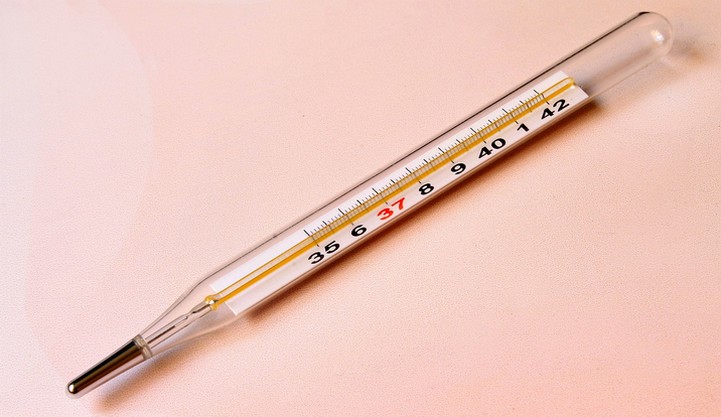
Although most parents would not take a very ill child to child care, they may try to leave a child who is recovering from a mild illness or injury. State regulations usually specify under what conditions children must be excluded from child care. Child care programs should provide parents with information to help them clearly understand state regulations and their policy on sick children.
When deciding whether to accept a child who has been sick, it is important to consider three factors.
Is the child still contagious? Unfortunately, this is a difficult question to answer. Germs may have already spread to other children via urine, stools, nasal drip or saliva before visible signs of illness appear. For example, cold germs can be spread a few days before a child shows symptoms of being sick. By the time the cold symptoms appear, isolating the child may not prevent the infection from spreading since the other children have already been exposed.
However, other illnesses, such as diarrhea, strep throat and eye infections usually spread after symptoms occur. In these cases, the child should be isolated for the first 24 hours of treatment or until the symptoms disappear. The best way to determine if a child is still contagious is to check with the child’s doctor.
Can you give the child the care needed? Recovering children may still need extra care. They may be irritable and whine or cry frequently. They often need to sleep for longer periods of time. And they may not be able to participate in activities you have planned. They may also need to have their temperature monitored and given medication at certain times. If you cannot provide this level of care, it is best not to take the child, even if the child is no longer contagious.
Can you provide a safe and stimulating environment for the other children while also meeting the needs of the recovering child? If you have many children to care for, it may be difficult for you to meet everyone’s needs. In this case, it is best not to care for the recovering child. The other children have a right to a stimulating and safe day. It is not fair to them if you must give all your attention to a sick child.
It is often hard for working parents to balance work and family life when children are sick. Be sure to be clear about your policy on sick children during the initial interview. This will encourage parents to develop an alternative plan for times when their child may be sick. You can help parents by providing the names of community services or other child care providers who care for sick children. This will often keep parents from pressuring you to accept a sick or recovering child.
We all feel compassion for sick children and their parents. But child care provideres also need to decide whether caring for a sick child is fair to that child, to the other children and their families, and to you and your family.
